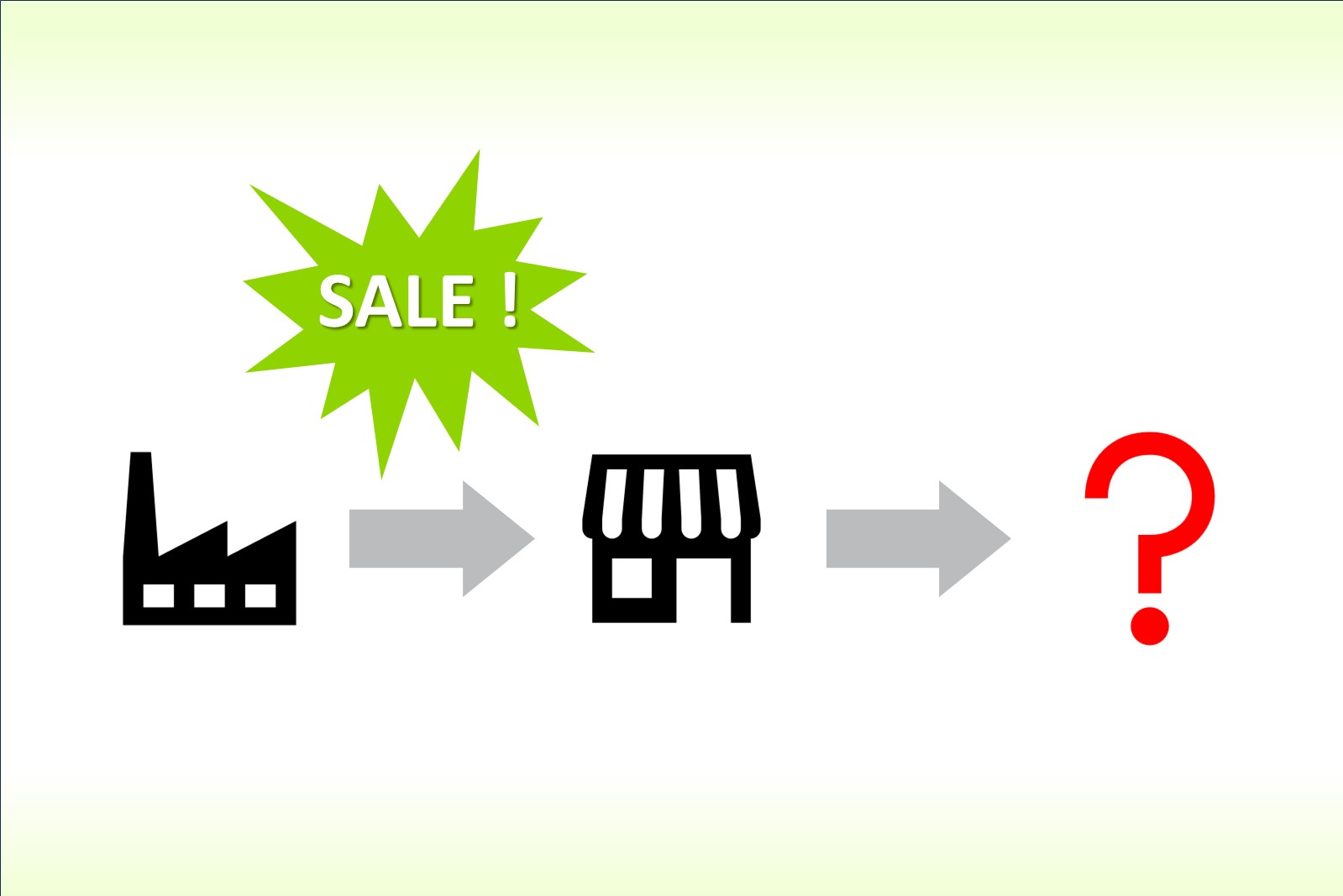
Discover how to align with Japanese importers, address their risks, and secure lasting partnerships.
When entering the Japanese market, many Western food and beverage brands ask:
"How much of our product can you sell in the next couple of years?"
The typical response from Japanese importers?
"Let’s start with a pallet. Then we’ll see where it goes."
This cautious approach often surprises the exporters. The reality is that importers are traders, not brand investors. Even if they see potential in your product, they won’t take on extra risk without support.
Japanese importers put a strong focus on managing risks and ensuring profitability. Before scaling up, they aim to:
Without confidence in your product’s potential, importers will limit their initial commitment.
Many brands face challenges with Japanese importers due to misaligned expectations. Here’s what not to do:
To align your goals with your importer’s priorities, focus on these steps:
Importers start small because they need confidence in your product’s success. You can build trust and secure their commitment by understanding their perspective, avoiding common mistakes, and offering proactive support.
The more support you provide, the bigger the targets you can achieve together. In Japan’s competitive food and beverage market, collaboration is the key to growth.

5-year import data (2020–2024) reveal Japan’s fast-growing drink categories and 2026 outlook.

Business development tactics to help import F&B brands in Japan prepare for and grow beyond entry.

Why sales fails in Japan – and why business development is key for import F&B brands.